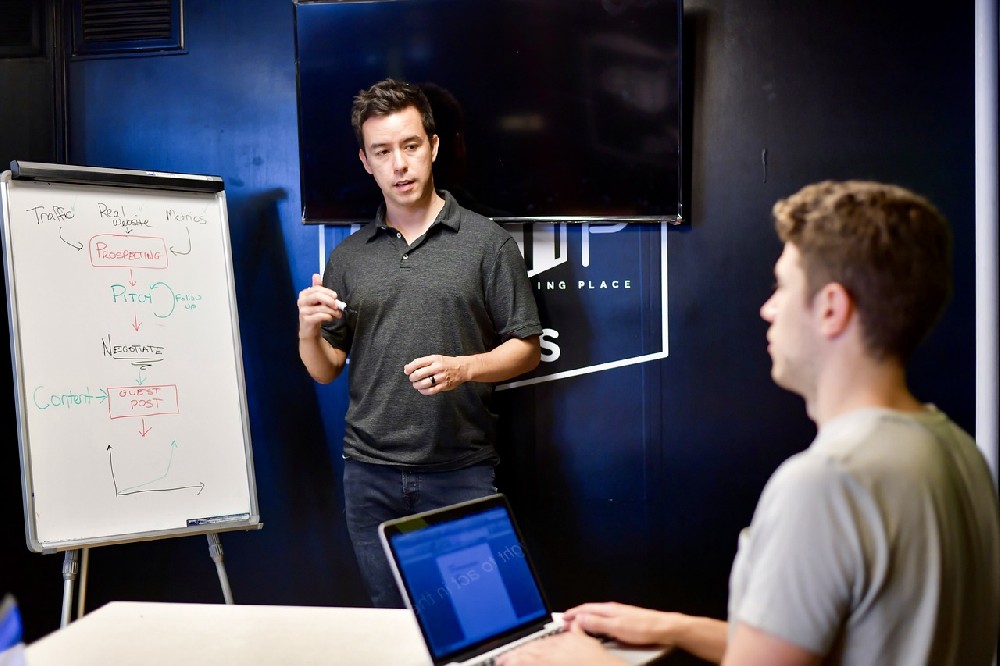The realm of software development is continually evolving, and the DevOps approach stands at the vanguard of this transformation. An amalgamation of development and operations, DevOps practices aim to shorten the system development life cycle while delivering features, fixes, and updates in close alignment with business objectives. As we plunge further into the digital age, DevOps methodologies become even more crucial, facilitating an accelerated pace in innovation and a stable infrastructure for the deployment of cutting-edge software. One of the pivotal aspects of modern DevOps is the emphasis on collaboration and communication. In yesteryears, developers and operations teams often worked in silos, causing bottleneck situations and misalignments in project outcomes. Today's DevOps culture breaks down these barriers, fostering a more responsive and adaptive environment. This integrated approach leads to improved efficiency, higher quality product releases, and a reduced time-to-market, aligning closely with business expectations and market demands. Automation stands as a cornerstone in the foundation of DevOps. From code integration, testing, to delivery and deployment, automation enables a seamless and continual flow. Incorporating tools like Jenkins, Ansible, and Kubernetes, organizations are able to build sophisticated CI/CD pipelines, ensuring that every code commit is tested and that stable versions can be automatically pushed into production. This not only reduces human error but also frees up development teams to focus on more complex tasks that cannot be automated. Furthermore, with the rise of cloud computing, DevOps has found a natural ally. Cloud platforms offer scalable and flexible environments that support DevOps practices. The ability to quickly provision and de-provision resources as per the fluctuating needs of a project allows DevOps teams to be more agile and responsive to change. Services such as AWS, Azure, and Google Cloud Platform provide a suite of tools that are tailor-made for building robust DevOps ecosystems. Another trend shaping the future of DevOps is the incorporation of Artificial Intelligence and Machine Learning. AI and ML algorithms are being leveraged to predict and prevent potential problems before they occur. Predictive analytics can forecast system failures, allowing for preemptive maintenance, which minimizes downtime and improves system reliability. This predictive approach is a leap forward from the traditional reactive models, placing businesses a step ahead of potential pitfalls. Security is also a critical component seamlessly woven into DevOps, giving rise to the term “DevSecOps.” This concept involves integrating security practices and protocols directly into the development pipeline. Addressing security concerns early in the software development life cycle ensures that vulnerabilities are identified and mitigated before deployment, ultimately resulting in stronger and more resilient systems. The future of DevOps seems to be one characterized by continued adaptation and enhancement, driven by technology advancements and evolving market conditions. The key for organizations to thrive in this future is to embrace the mindset of ongoing learning and upgrading of DevOps practices. As we approach a more technologically integrated world, the DevOps methodology is not just a trend; it’s a requisite paradigm for the agile, efficient, and secure production of software that meets the dynamic needs of users and industries alike. In conclusion, DevOps is no longer an optional strategy but a crucial element in the competitive software development market. The integration of development, operations, security, and quality assurance under a single, streamlined umbrella marks a paradigm shift that brings forth faster innovation, increased productivity, and a strategic advantage. As DevOps continues to evolve, it will undoubtedly usher in a new era of software excellence that aligns with the fast-paced nature of technology and business.



